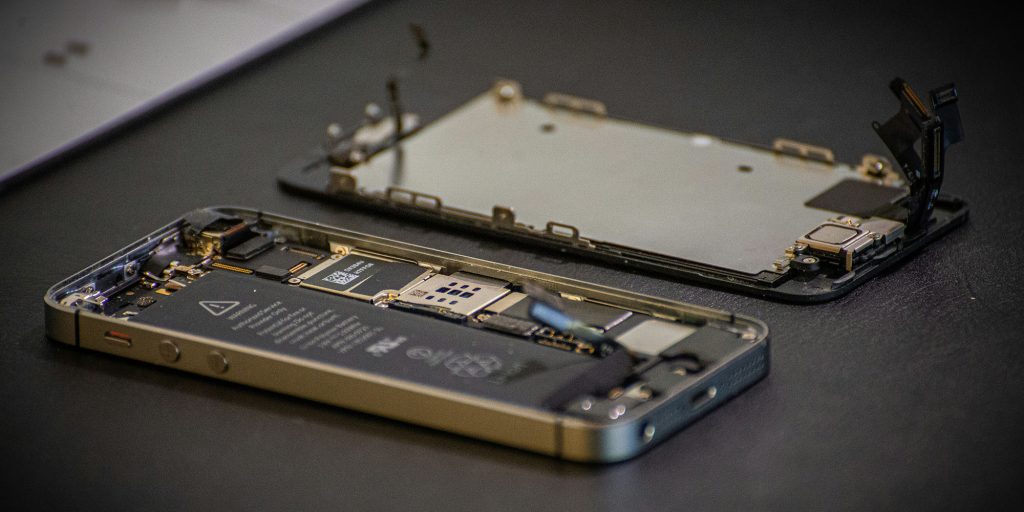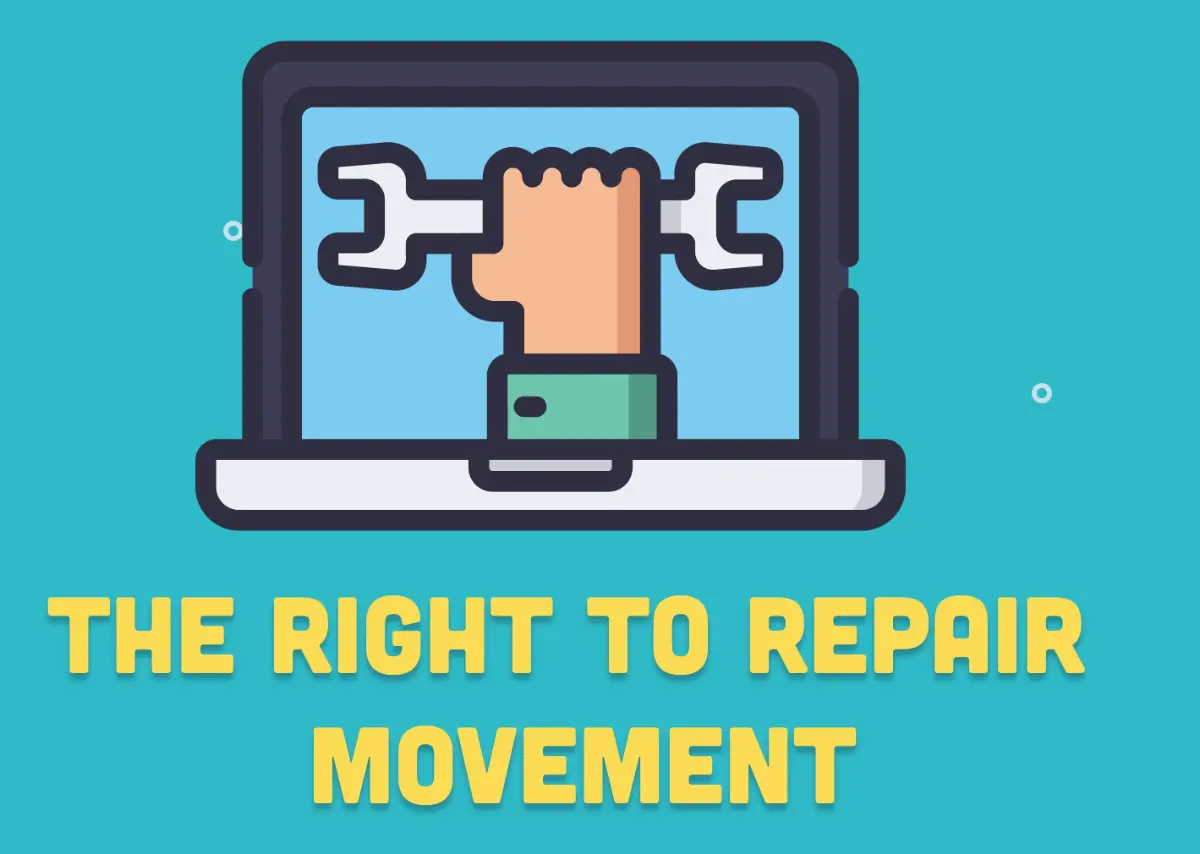For the purpose of preventing third-party repair businesses from cannibalizing malfunctioning devices for components, the practice of parts pairing is going to be made illegal in the state of Oregon starting in the near future.
Just recently, the legislature enacted the most stringent right to repair legislation that has ever been seen, and in order for it to become law, all that is required is the signature of the governor today.
The right-to-repair attitude taken by Apple

For what seemed like years, Apple fought against right-to-repair legislation, spending money to campaign against it at both the state and federal levels. The company’s goal was either to completely thwart the law or to weaken it as much as possible.
In 2021, the corporation performed a complete about-face by introducing a self-service repair program, which was originally implemented in the state of California and is currently being implemented across the country. In tandem with this, the organization shifted its position from one of opposition to one of active support for right-to-repair laws.
However, there was a catch to it…
The pairing of parts
The process of digitally connecting the serial number of a component (such as a screen) with the serial number of the iPhone itself is referred to as “parts pairing.” Despite the fact that you replace one authentic Apple component with another, the repair will not be successful in its entirety since the pairing will not be compatible. In this way, it is possible to avoid repairing anything using pieces that have been cannibalized.
In the case of the iPhone 13, for instance, a screen switch would result in the inability of Face ID to function properly. For this reason, iFixit lowered its assessment of the iPhone 14’s ability to be repaired in the year 2022. Many fixes can become uneconomical if they require the use of new parts that have been approved by Apple.
This issue has been addressed to some extent by Apple, which has made it possible for components to be “blessed” by the company; nonetheless, this law would completely eliminate the barrier into existence.
The legislation that would prohibit the matching of components was the first to be passed.
In this article, The Verge discusses the law in Oregon.
A major right-to-repair bill for Oregon is almost ready to be implemented. Today, Senate Bill 1596 was approved by the Oregon Senate, and it is currently on its way to Governor Tina Kotek’s desk, where she will either sign it or veto it within the next five days. The Oregon legislation would be the first to prohibit “parts pairing,” which is a technique in which firms can prevent you from utilizing components (sometimes even legitimate ones) unless the software of that company is convinced that they belong. This is a significant development since it would be made possible by Oregon law.
At the beginning of the year 2025, the component-paring prohibition would be implemented for cellphones.
iFixit’s Chief Executive Officer, Kyle Weins, expressed his pride in his home state by saying, “I am beyond proud of my home state for passing the strongest-yet electronics Right to Repair bill.”
On Unsplash, a photograph taken by Joel Rohland










